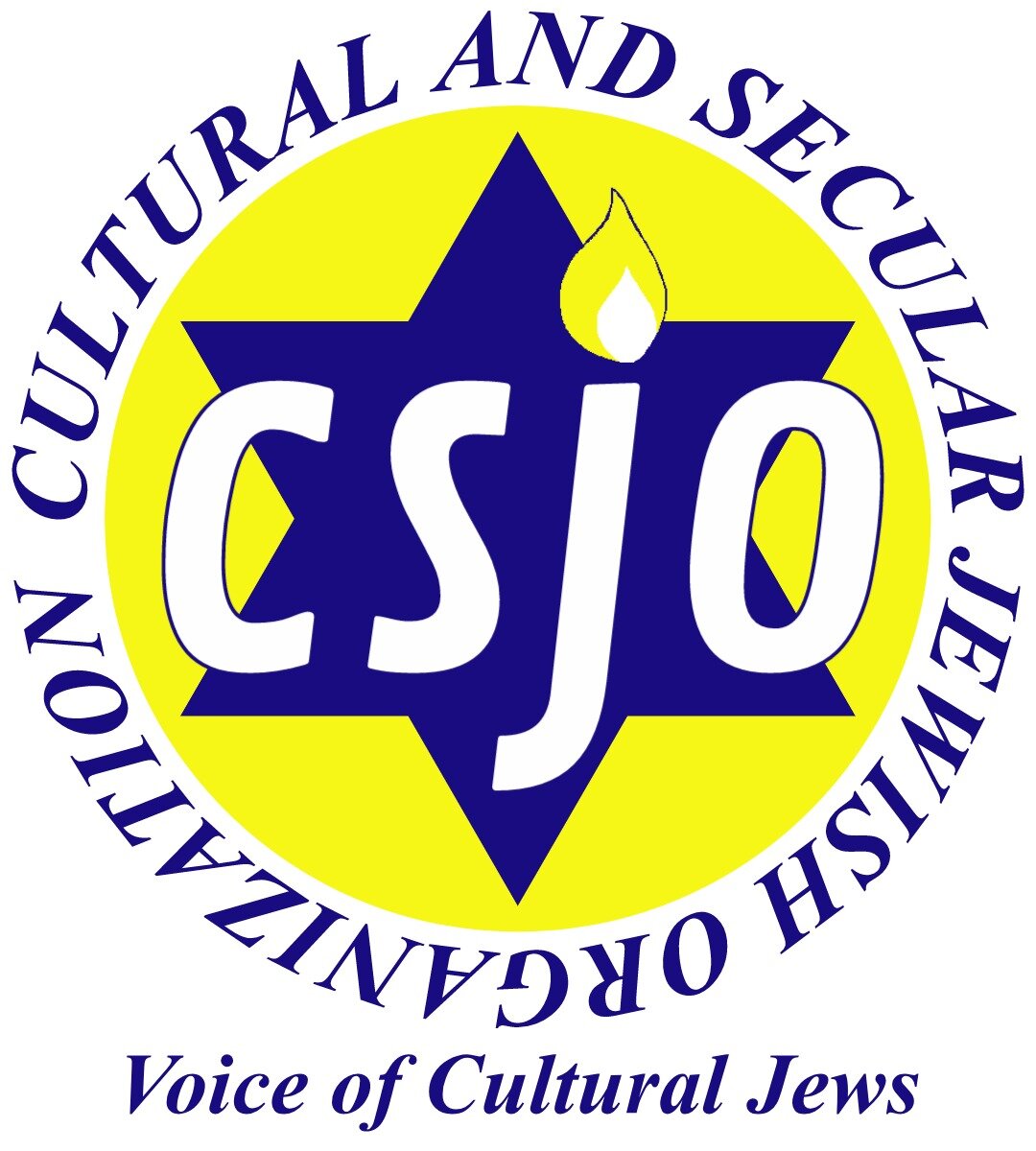By Joan Kurtz
A "greenhorn" is defined in Robert Slotkin's new book, "Greenhorns: Stories" as immigrants who "spend their lives scrabbling for a place in the nation, trying to figure it out and never quite getting it." His collection of short sorties is based on real experiences of some of his family members who came to the United States from parts of Russia and Poland at the beginning of the 20th century. The stories are poignant and sometimes painful retellings of Jewish immigration and eventual assimilation.
The words "greenhorn" and "Other Side" appear in all of the stories. Slotkin uses these words to compare life in Eastern Europe with its pogroms and persecutions to life in the goldene medineh or Promised Land where the streets of New York are not paved in gold but where there is poverty and cultural challenges. Families are uprooted from their shtetl and now have to learn how to be an American. The new generation usually can figure it out while immigrant parents stay locked in the past.
"The Gambler" depicts Aaron, a butcher, who flees to the US with promises to bring his wife and sons over as soon as he has the money. It takes four years but he finally can send for them. "But to do it he had made a great hole in his life, in their life, a hole empty with vast miles and years of absence." In finally accomplishing what he set out to do, "in winning, he lost."
Cousin Bella in "The Other Side" was born and raised on the Other Side but came to the states when she was eighteen. She was world-educated, financially secure and devoted to the arts. Though her eyes sparkled with warmth and caring, there was a dark side that could only be seen if looked close enough. In those cold eyes you could see the horrors she experienced before coming over to America, the ones she finally shared with her daughter much later in life.
Three other stories continue the immigration and assimilation tales. Slotkin concludes with a chapter on "Greenhorn Nation: A History of Jokes," most of which are not politically correct but help us to better understand how we identify as children of immigrants and are called Jewish-Americans.



